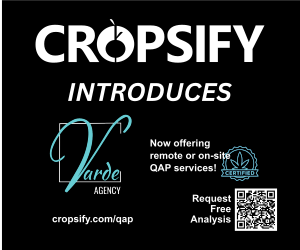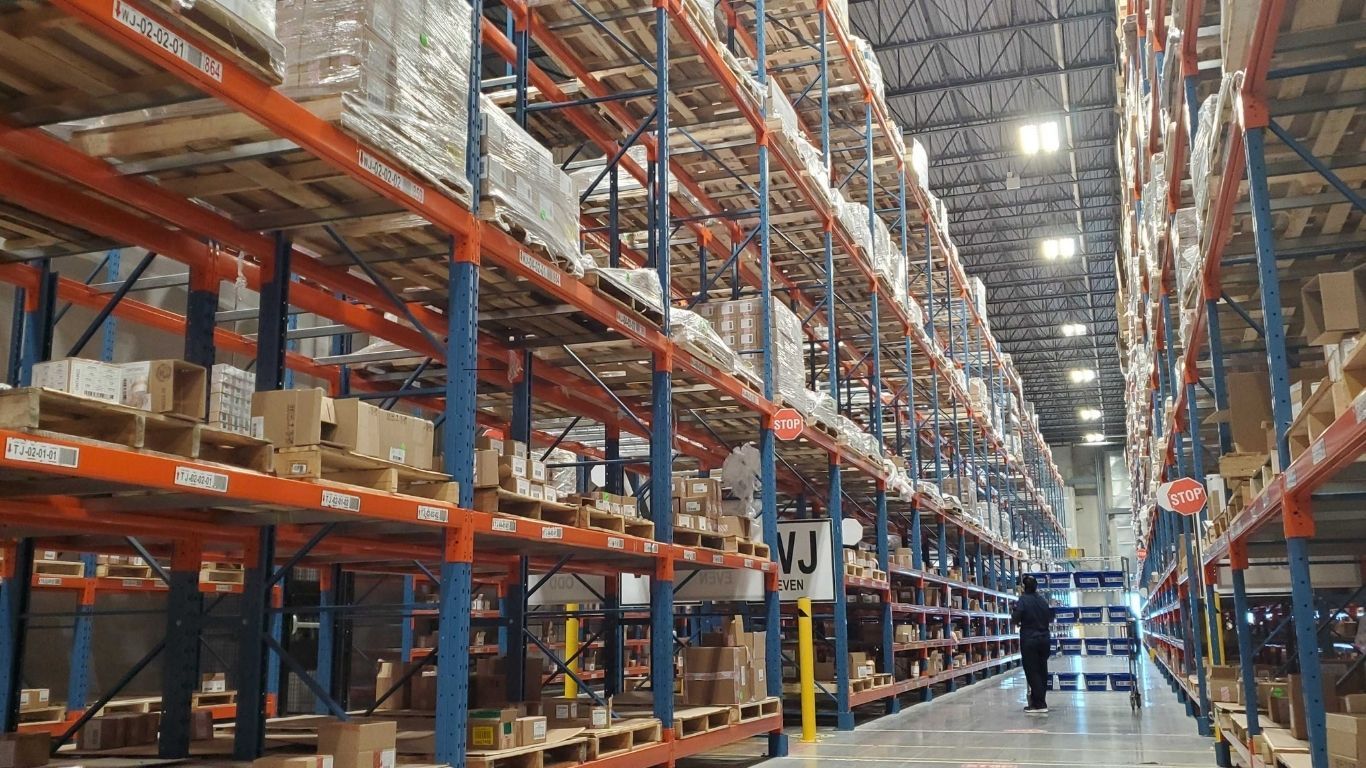
Health Canada’s attempts to learn from Indigenous and racialized communities about systemic barriers that exist within the cannabis industry are a good first step but have much further to go, say several people close to the issue.
Following the recent release of the “What we heard” summary report from Health Canada’s two-day Diversity, Equity and Inclusion Forum held earlier this year, some who participated in the event say the effort is positive but that the federal regulator—and the industry as a whole—have a long way to go.
The goal of the forum was to share information about the federal cannabis licensing process and to provide the government with a chance to hear from Indigenous and racialized communities about the kinds of systemic barriers that exist within the cannabis industry.
The event was designed based on consultation with these and other underrepresented communities across Canada.
Ika Washington is the founder of DiversityTalk, a consultancy that works with those in the public health, social, and cannabis sectors to better engage with different communities. Billing itself as “founded by minorities for minorities”, DiversityTalks and specifically Washington helped Health Canada put together the Diversity, Equity, and Inclusion Forum.
(We need help with) the entire process *after* the licensing process.
Ika Washington, DiversityTalk
Washington is a Canadian of Jamaican descent. She also engages with Health Canada on diversity related issues.
For Washington, the forum and follow-up report are good initial steps, but she says she thinks that without systemic change—such as within the government agencies like Health Canada that oversee industries like cannabis—significant progress will be difficult.
“I think that it’s a great step in the right direction. However there is a lot of work and training that needs to be done internally, and I think that the industry and some other stakeholders are looking to government for guidance and there’s been a lack of that. The work done so far needs to be built upon.”
Rather than just holding a forum and moving on from the issue, Washington says she wants to see active and long-term engagement with racialized communities to better address the kinds of systemic challenges they face when trying to enter and then operate within the cannabis industry.
“There needs to be a well-designed system or framework that continually engages with communities,” explains Washington. “There needs to be an understanding of what the best practices are, an understanding of the ever-evolving nature of society as well as the cannabis industry, and there needs to be more of a focus on what equity, inclusion, and diversity mean and what does that mean for different communities and how they engage with policies and if these policies are actually working and are they actually being implemented?”
Ashley Athill, the CEO & Co-Founder of HRVSTR Cannabis, a micro producer in Ontario, attended the event and says she thinks the summary report from Health Canada did a good job covering the issues brought up in the meetings.
…I wanted a little more focus on providing other racialized communities with some of the support mechanisms that the Indigenous community has.
Ashley Athill, HRVSTR Cannabis
But she would like to see the federal regulator doing more to support under-represented communities in Canada, similar to the support provided for Indigenous Canadians. Health Canada provides an “Indigenous Navigator” program for Indigenous Canadians who apply through the program that provides assistance throughout the licensing process.
“I think they did a really good job encapsulating most of the details (within the report),” explains Athill. “But I wanted a little more focus on providing other racialized communities with some of the support mechanisms that the Indigenous community has. I think the navigator program has a lot of good elements to it that I would like to see extended, although I can understand why that was created specifically for those communities.”
For Athill who—along with her brother, Michael, the COO at HRVSTR, is part of a handful of Black Canadians operating in Canada’s legal cannabis industry, some of the most significant issues aren’t just about licensing but also in needing support even after licensing.
“We know that this industry has the potential to grow into something huge truly. Cannabis is a people industry, and we’ll need all the help and support we can get. So building these bridges and ensuring there’s representation will allow the cannabis industry to be that much more fruitful. This is where my mind is when it comes to bringing in more diversity in the industry.”
She says she and her brother were inundated with so many calls after the event that they started another company called The Seed Initiative that seeks to create partnerships in various spaces like the cannabis industry, including education, employment, and entrepreneurial avenues.
“Through Seed, we’ve actually been able to place 12 people in retail stores in our community. So there’s a checkmark there already,” shares Washington.
“We want to support their ideas and dreams into an actual business plan from basic steps to where they can potentially get funded.”
Washington agrees that the real need is assistance not just in getting licensed but also in navigating the process after a licence is awarded.
“What we need is from government agencies. But they won’t touch us because it’s cannabis. That’s my side of actually starting a company in this industry. I’ve asked for assistance, and it’s zero. Even getting a bank account has been hard. So that’s what we need help with.”
Albert Eppinga, BC Cannabis Inc
“(We need help with) the entire process *after* the licensing process,” she explains. “How are LPs being supported? Especially those you know have to overcome so many barriers to get to that point of licensing.
“A lot of these barriers carry over, like financial barriers. So there are many different aspects of it. Some hand-holding is done until you get a licence, if you get hand-held, but then after the licensing process is done, it’s like “okay, well good luck. Just remember to pay your taxes and annual fees you have to pay us. Good luck.” It’s destined for failure for some people who don’t have those resources or need that continuous support from the government.”
Albert Eppinga, the owner of BC Cannabis Inc, a micro producer on Vancouver Island in British Columbia, says he was unable to attend the event but echoes the sentiments of Washington and Athill in regard to the need for more post-licensing support.
Eppinga says he was able to utilize the Navigator and says it helped in some ways, but feels it could go a lot further.
“The Navigator was okay, but what we need is from government agencies. But they won’t touch us because it’s cannabis. That’s my side of actually starting a company in this industry. I’ve asked for assistance, and it’s zero. Even getting a bank account has been hard. So that’s what we need help with.”
Athill at HRVSTR says she has seen some pushback from some in the cannabis industry at the very idea of needing this kind of support. Not only because of systemic injustices but because a more accessible industry to all will strengthen the industry as a whole.
“Nobody is trying to exclude you, you’re already here. But if we’re looking at it from a level where Canada is considered a global leader in the cannabis space—if we truly want to continue that—we have to make these connections and build the industry properly, especially when America comes on line.
“Honestly, it’s a little disheartening, the fact that Health Canada really took a step that no other country has taken, at least federally, to acknowledge the challenges that Black, Indigenous and other racialized groups have to deal with.
“I understand it’s not everyone’s lived experience so they don’t know, but coming from the side where people feel comfortable coming to Michael or myself at HRVSTR, there is interest to participate in the cannabis industry. We need to support that.”













